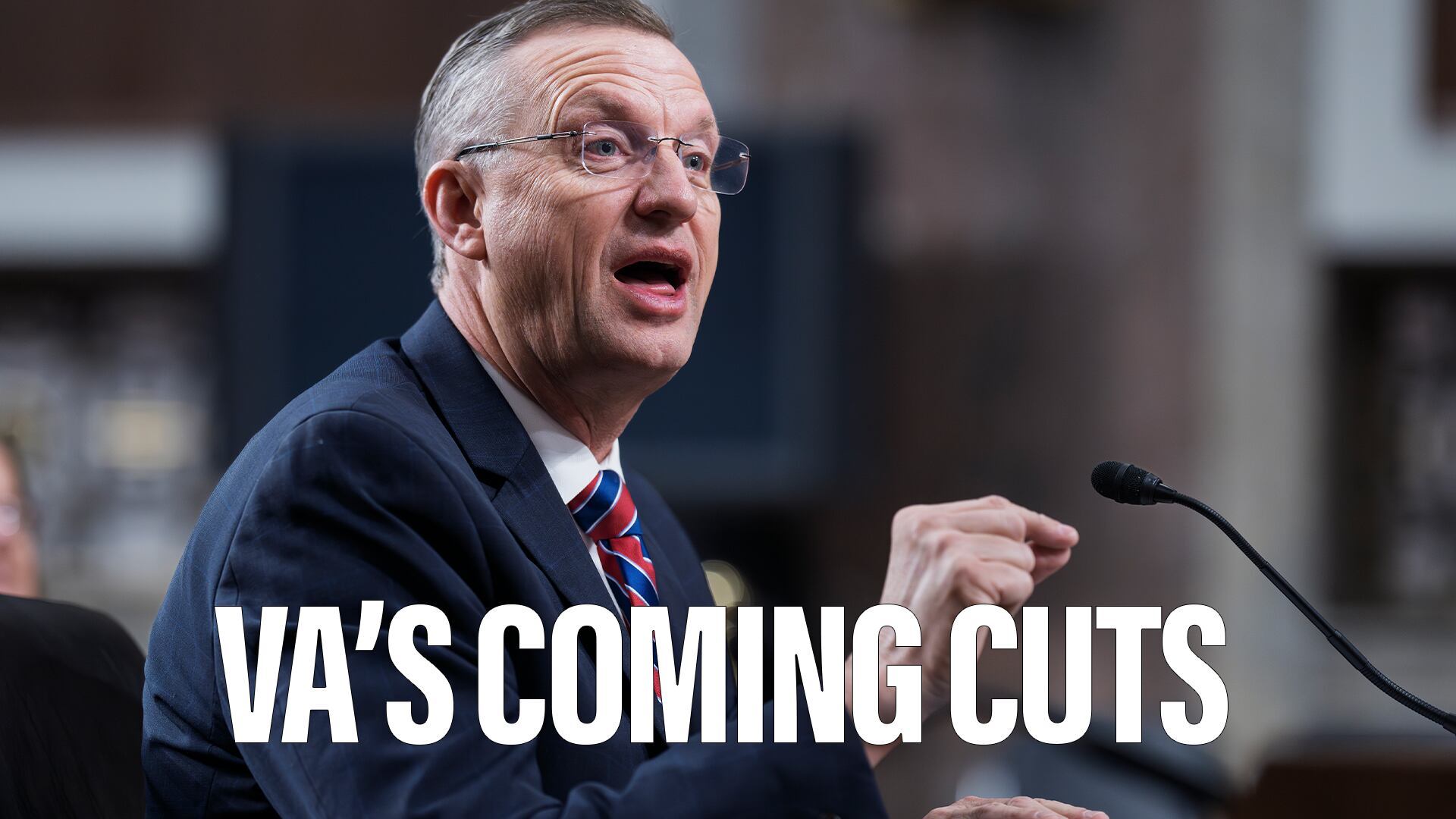WASHINGTON – France’s rage over its abrupt sidelining by an Australian-British-US defense pact is drawing fresh attention to nascent European Union cooperation programs designed to build bridges across the Atlantic and the English Channel.
As a player in several so-called PESCO programs, Paris has veto power when it comes to allowing non-EU members, like the United States, into the framework for increased defense collaboration. Additionally, the kerfuffle could affect planned cross-border programs, including a new European battle tank.
There are no indications yet French officials intend to block — actively, or by way of prolonging decisions — the kind of defense cooperation that architects in Brussels have envisioned for a post-Trump, post-Brexit world. But the depth of Paris’ professed disappointment could signal a reduced appetite for expanding EU-related defense schemes.
Announced on Sept. 15, the Australian-British-United States pact to transfer nuclear-propulsion technology to Australia for a fleet of new submarines sank a $66 billion program for France’s Naval Group to build conventionally-powered submarines for the Royal Australian Navy. The French have complained they only learned about the move hours before a public announcement by President Joe Biden, British Prime Minister Boris Johnson and Australian Prime Minister Scott Morrison.
French officials have said their anger is less about the eye-popping value of a lost defense contract than about the manner in which allies ambushed them with a fait accompli.
The snub, as the French see it, has “much to do with Europe,” said Pierre Morcos, a visiting fellow at the Center for Strategic and International Studies in Washington. “It is very revealing about how the Biden administration sees Europe.”
In addition, Morcos argued, the defense deal with Australia places a kind of military-only emphasis on relations with China that France has sought to counteract from its perch in Europe.
Much is wrapped up in the question of whether the affront is about France or the European Union as a whole.
In an interview with CNN, European Commission President Ursula von der Leyen appeared to argue the bloc has a stake in the matter. “One of our member states has been treated in a way that is not acceptable,” she said. “I can understand the disappointment in Europe about how the issue was handled.”
Governments in central and eastern Europe, who traditionally prize U.S. cooperation above all else in the face of nearby Russian military flexing, would probably shy away from turning the saga into a potentially disruptive trans-Atlantic crisis, said Christian Mölling, a senior analyst with the Berlin-based German Council on Foreign Relations.
“They haven’t exactly jumped to Paris’ aid,” he told Defense News.
According to Mölling, it’s unlikely the episode would spur a kind of circling of EU wagons on defense matters that some officials have called for under the banner of “strategic autonomy.”
But two ongoing projects may warrant a closer look amid the fallout of the submarine affair. For one, EU member states just this year approved the U.S. Defense Department’s admission into a project aimed at improving the flow of military equipment across borders. The move marked the first time an outside country was invited to the bloc’s Permanent Structured Cooperation (PESCO) scheme, designed to synchronize the continent’s duplicative development of military capabilities.
France ultimately went along, albeit with reservations.
In addition, the British have asked to attain observer status in the French-German Main Ground Combat System, colloquially known as the “Eurotank.” Unlike Berlin, Paris has previously been hesitant to heed the British request.
Morcos said it’s too soon to tell whether the submarine snub could animate France to renege on its PESCO stance or prevent London’s Eurotank involvement. “The short-term goal is not to suspend cooperation, but to signal discontent,” he said.
To be sure, cooperation on programs like these isn’t vital for either side, and the tank program, in particular, appears to be going nowhere at the moment anyway. But they represent touch points that could support the European Union’s ambition of being a connected, global player on defense.
One of the immediate questions now is how to dial back the diplomatic crisis after Paris took drastic steps, including temporarily recalling its ambassadors from Australia and the United States, said Mölling.
After that, some good may yet come of it for Europe, he argued. For example, an overdue consolidation of the continent’s naval shipbuilding industry may be in the offing once the dust settles, he added.
Sebastian Sprenger is associate editor for Europe at Defense News, reporting on the state of the defense market in the region, and on U.S.-Europe cooperation and multi-national investments in defense and global security. Previously he served as managing editor for Defense News. He is based in Cologne, Germany.








